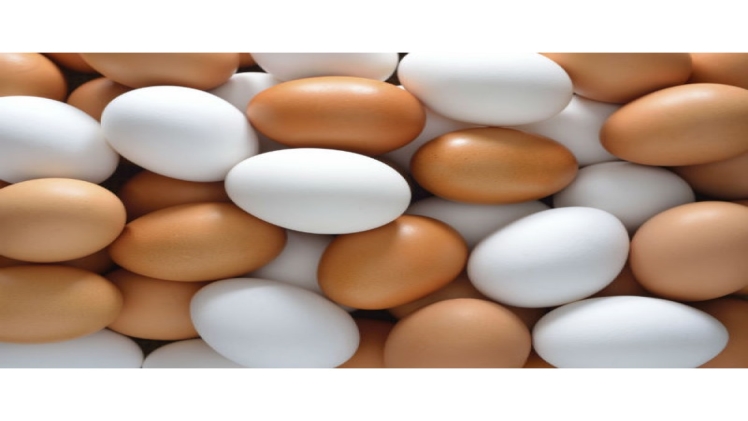Eggs are an amazingly nutritious food, especially the yolks, which are full of choline, healthy fats, and a ton of flavor. And high-quality eggs—those from healthy, happy, humanely raised hens—are even more nourishing and tastier. So which eggs are the best quality? There’s absolutely no difference in quality between brown and white eggs; the only thing that determines the color of an egg is the breed of the hen. Do not choose eggs based on color ofilmywapcom.
Eggs can be grade AA, A, or B. There is little to no difference in the taste, though, and no difference in nutritional value. Grade AA eggs have the thickest, firmest whites and high, round yolks. This grade of egg is virtually free of defects and is best for frying, poaching, or methods where presentation is important. Grade A eggs are the same quality as grade AA, but the whites are categorized as “reasonably” firm. Most grade B eggs are sold to restaurants, bakeries, and other food institutions and are used to make liquid, frozen, and dried egg products The only thing this label means is that the hens are fed a diet based on corn (which is usually genetically modified).
To ensure that the hens consume a strictly vegetarian diet, they are kept in cages. But chickens are natural omnivores: they evolved to eat insects, worms, and grubs as well as grass and grains. They weren’t meant to be vegetarians! This label means that the hens are not kept in cages but in barns. They are required to have access to the sun, but that doesn’t necessarily mean they can go outside; there may be a small window in the barn for sunlight majesticnews.
Lastly comment
The hens are fed an organic, vegetarian diet that is free from antibiotics and pesticides. This label is regulated with inspections.

